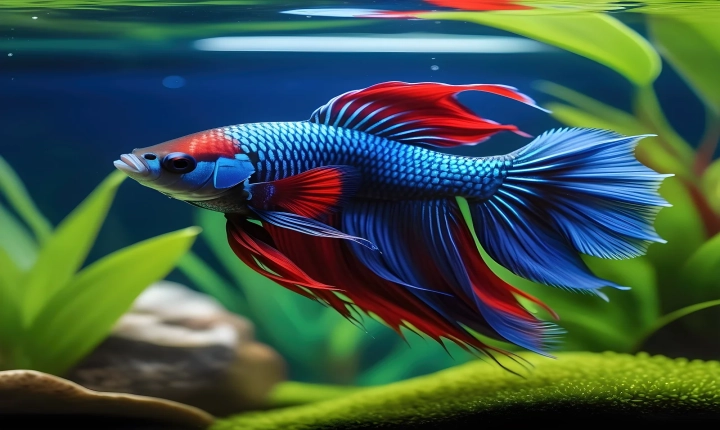AI-Generated Selfie: The Future of Virtual Identity
In recent years, artificial intelligence has made significant advancements in the field of image generation. One of the most intriguing developments to emerge from this progress is the concept of AI-generated selfies. These computer-generated images are created by algorithms that analyze and replicate the intricate details of a person’s facial features, resulting in remarkably realistic and lifelike portraits. While the technology is still in its early stages, AI-generated selfies have the potential to revolutionize the way we perceive and interact with virtual identities.
The creation of AI-generated selfies begins with the collection of vast amounts of facial data. This includes images of individuals from various angles, under different lighting conditions, and with diverse expressions. This data is then used to train the AI model, allowing it to learn and understand the complex nuances of human facial features. By leveraging machine learning techniques, the algorithm can generate new facial images based on the patterns and characteristics it has gleaned from the training data. The result is a synthetic image that closely resembles a real person, complete with unique facial expressions, skin textures, and even imperfections.
The potential applications of AI-generated selfies are diverse and far-reaching. In the realm of digital identity, these computer-generated images could offer a novel solution to privacy concerns and security risks associated with sharing personal photos online. By using AI-generated selfies as avatars or profile pictures, individuals can maintain a level of anonymity while still engaging in virtual interactions. This technology could also be employed in the creation of lifelike characters for virtual reality environments, video games, and animation, enhancing the immersion and realism of digital experiences.
Furthermore, AI-generated selfies have the potential to transform the way we approach social media and online communication. With the rise of deepfake technology, which uses AI to manipulate videos and images to create convincing but fabricated content, the authenticity of visual media has come into question. AI-generated selfies, when used responsibly and ethically, could provide a way to verify the identity of online users and combat the spread of misinformation. This could be especially valuable in online dating platforms, where trust and authenticity are paramount.
While the concept of AI-generated selfies opens up a host of possibilities, it also raises important ethical and societal considerations. As with any nascent technology, there is the potential for misuse, such as the creation of deceptive or fraudulent content. The responsible development and deployment of AI-generated selfies will require careful consideration of privacy, consent, and transparency. Additionally, safeguards must be put in place to prevent abuse of the technology and to protect individuals from unauthorized use of their likeness.
As AI continues to advance and evolve, the potential for AI-generated selfies to shape the way we interact with virtual identities and digital representations of ourselves is becoming increasingly apparent. Whether it’s for personal privacy, entertainment, or digital security, the application of this technology has the promise of transforming the way we engage with visual media in the digital realm. With further research, innovation, and ethical oversight, AI-generated selfies could become a powerful tool in shaping the future of virtual identity.
